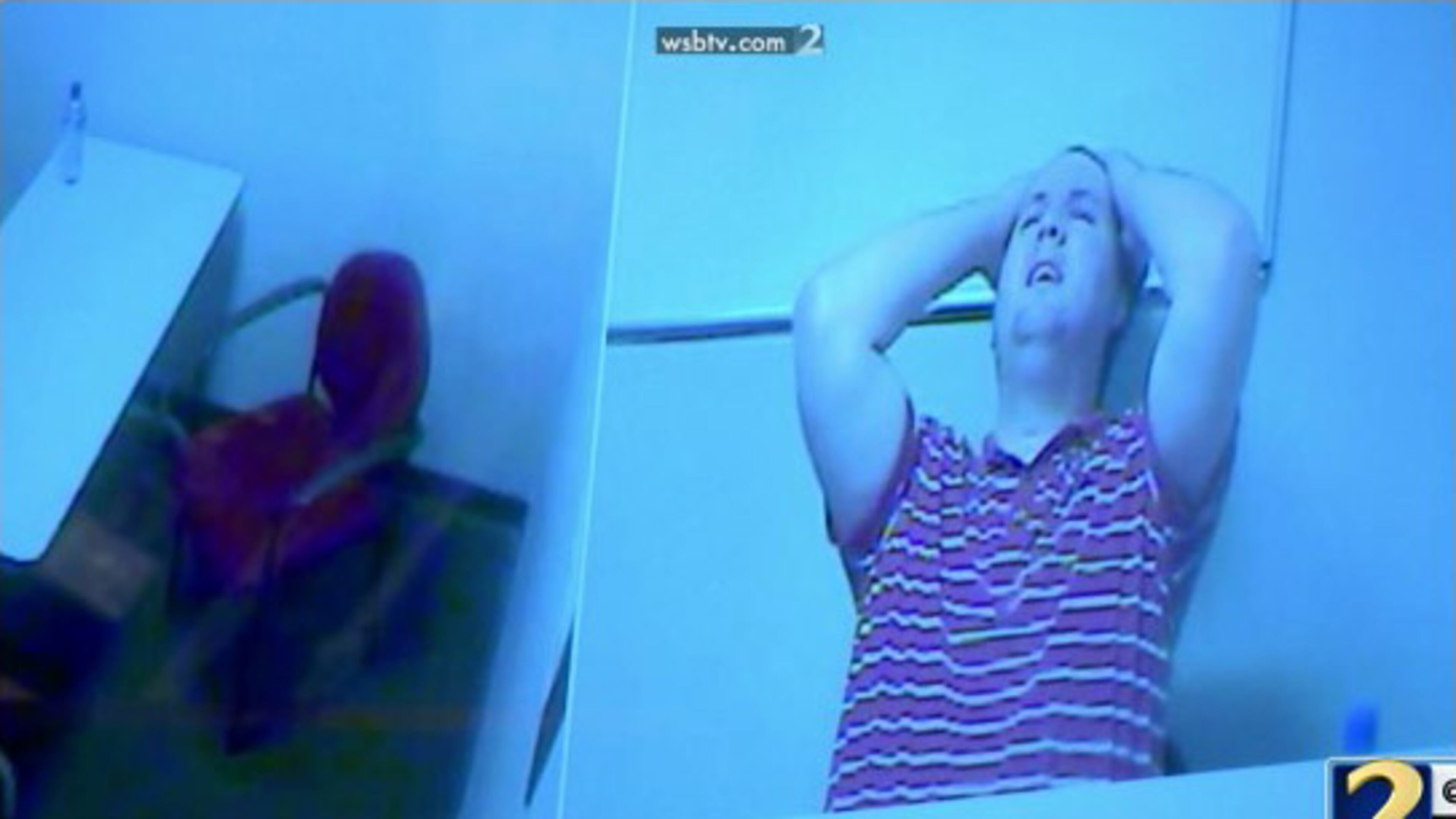Ross Harris trial: Defense to attack 4 discrepancies in police account

Expect a major showdown in the Justin Ross Harris trial this week with the defense set to put lead detective Phil Stoddard on his heels by confronting him with inconsistent statements he made on the stand during previous hearings.
It was Stoddard's jaw-dropping testimony at a July 2014 probable cause hearing that transformed the public's view of the case, so much so that an impartial jury could not be found in Cobb County. Harris is on trial for murdering his 22-month-old son Cooper by leaving him in a hot car to die on June 18, 2014.
The defense team will try to get Stoddard to make concessions he won’t want to make regarding assertions the state would rather not revisit.
Here are four of Stoddard’s inconsistencies that have been highlighted by the defense.
1. ‘It was made up’
Refuting Stoddard’s claim that Harris Googled the phrase “how long it takes a dog to die in a car,” lead defense attorney Maddox Kilgore said the veteran investigator knew it wasn’t true but swore under oath that it was.
Stoddard accused Harris of visiting a “child-free” website less than two months before his son’s death; this initially was introduced by the prosecution as evidence of a motive.
Boring didn’t mention the child-free site during his opening statement, suggesting the state had backed off one of its most explosive claims. But last week one of Harris’ co-workers, called by the prosecution, revealed he had directed Harris to that subreddit as a joke. Harris had not sought out the group, as implied by Stoddard.
“It was made up by the Cobb police department,” Kilgore said in his opening statement earlier this month.
2.Was Harris calm or upset?
Stoddard’s claim that Harris showed no emotion after his son’s death is among the potential contradictions sure to be addressed.
“That’s just not true,” Kilgore said in his opening, which included dashboard cam footage of Harris wailing in the parking lot of Akers Mill Square just moments after he said he found Cooper’s lifeless body.
On Friday, the state showed police video of Harris before, during and after he’s interviewed by Stoddard. He is calm and somewhat chatty during the interview. While alone, he can be seen alternately pacing, wailing and taking deep, sustained breaths.
Whether the grief is real or manufactured is a call the jurors will have to make. Kilgore has already said Stoddard presented an incomplete account of Harris’ behavior that day.
3. Stench of death
Stoddard will also be grilled on his claim that the “stench of death” emanated from Harris’ SUV. The implication being that Harris knew his son was dead but ignored the smell.
Two other Cobb police officers testified they also smelled an odor they associated with decomposition. But neither made note of the stench until they filed supplemental reports about a year later after consulting with Stoddard.
Cobb’s former chief medical examiner testified last week that Cooper had not been dead long enough for there to be a smell of decomposition. Instead, there would have been a stale smell mixed with urine.
4. Did Harris see Cooper?
Stoddard has walked back one incriminating claim at a pre-trial hearing in August, though he had little choice. Stoddard had testified that, when he returned to his car at lunchtime on the day he left Cooper strapped inside, Harris was “all the way inside the frame. … He’s in there. He has a clear view.” If true, Harris must have known at the time that his dead son was inside the car.
But surveillance footage from the Home Depot Treehouse parking lot, where Harris worked, showed that he could not have looked inside the SUV because his eyes remained above the roof line. At the August hearing Stoddard acknowledged that Harris’ head “was above the car.”
Court resumes today at 8:30 a.m.
You can follow minute-by-minute developments in the trial at AJC.com and on Twitter at @AJCBreakdown. AJC reporters Christian Boone (@reporterJCB) and Bill Rankin (@ajccourts) will be in Brunswick for the duration of the trial.
Harris is also the subject of the second season of the AJC's podcast series "Breakdown," which will follow the trial's developments.


